
The Resistance and the NeverTrump world are nearly orgasmic today over a pair of stories, one in the New York Times and the other in the Washington Post, that, based on anonymous sources and without any evidence, claim that Attorney General William Barr’s summary memo of the Mueller report omitted critical evidence that indicated President Trump obstructed justice. Now, how exactly it is possible for the President to obstruct an investigation that he has 100% authority to stop and one that has just submitted a final report after an investigation lasting over 670 days is left unanswered.
The breathless innuendo is very much in stark contrast to the interview former White House attorney John Dowd gave to Byron York that went live yesterday at Ricochet.com. There is a lot of great stuff in the interview but the most interesting theme is just how closely the White House worked with Mueller’s team to expedite the investigation beneath the surface as a food fight raged overhead.
Here are some highlights:
For public consumption, Trump was denouncing Mueller and trashing his team. Behind the scenes, Trump was cooperating and making sure his staff did the same. The Trump White House offered everyone (except, of course, the president himself) to be interviewed, and reams and reams of documents that other White Houses might have withheld on the grounds of executive or other privilege. So Trump simultaneously attacked and cooperated.
Asked about the attacks, Dowd said Mueller understood that Trump had to mount a political defense on the Russia issue. “Bob understood this, it was political,” Dowd said. ” [Trump] had to handle the political side, and that was his way of doing it with his tweets and his comments … Bob was a big boy about the political side of it. He understood the president had to address the politics of it. He couldn’t just say nothing. People were pounding him about this thing every day, both privately and publicly, and he had to take [Mueller] on.”
Mueller’s only real concern about the president’s rhetoric, Dowd said, was the worry that it might send a message to Trump’s side not to cooperate.
“Early on, when the president started teeing off on Mueller, Mueller indicated to me that he was worried that some people might not cooperate,” Dowd said. “I said, well we’ve encouraged everyone to cooperate, and if you want me to say something publicly about that, and the president, we’re happy to do it. And we did. We encouraged everyone who was asked to cooperate … Bob was satisfied with that. It never came up again.”
In the end, Dowd said, Mueller “acknowledged that all the witnesses told the truth, all the documents were there, there was nothing missing, no documents destroyed.” The level of cooperation, Dowd said, was “truly remarkable,” all while the president distracted the world with his tweets.
Let’s go further in the interview:
In both conversations, Dowd described some of the materials Trump handed over to Mueller. For example, he pointed to the notes of Annie Donaldson, who was White House counsel Don McGahn’s chief of staff. The notes memorialized many White House meetings in which the president discussed the Russia matter with top advisers. They were extensive. Dowd said it took many hours to read through them. Even though Trump could have claimed executive or other privilege to withhold them from Mueller, he instead turned them over to the special counsel’s office.
Why? Dowd explained that fellow Trump lawyer Ty Cobb came up with an idea for the White House to turn over the documents under the terms of an informal understanding with Mueller. The idea was this: Mueller was in the executive branch. The White House was in the executive branch. The White House would hand over the material, one executive branch entity to another, without claiming any privilege, provided Mueller would agree that, if he intended to use the material in any public way, he would first consult the White House.
“It was the idea of Ty Cobb to fashion this so that we could expedite the production of documents and testimony,” Dowd said. “You can imagine what a nightmare it would be to take document by document and assert the privilege, because most of it was within [executive] privilege, and indeed the White House communications privilege. I thought it was a great idea. Ty got Bob’s and [top deputy James] Quarles’ promise that if they needed to use any of it publicly, they would come back to the White House.”
I asked how that might work in an adversarial relationship. After all, Mueller’s staff were prosecutors. They might want to use the material to indict the president (against Justice Department policy but discussed publicly at the time), or to create a road map for Congress to impeach him. How could Trump go along with that? Was that evidence of an extraordinary level of trust?
“It was,” Dowd said. “I would not call it adversarial. That comes when you charge. This was more inquisitorial. Bob was simply investigating, inquiring into certain matters that had been brought to his attention … and there was indeed more trust in our relationship than in any in my entire career.”
If Dowd is telling the truth–and if that working arrangement didn’t change after Dowd departed–then President Trump was never in any jeopardy of being charged with obstruction of justice because the White House fully cooperated with the investigation, it encouraged witnesses to cooperate, it provided privileged documents to Mueller’s team without a court fight.


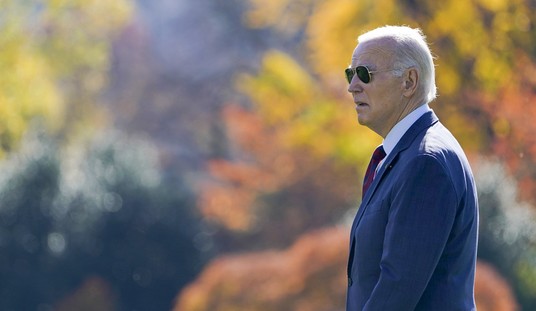
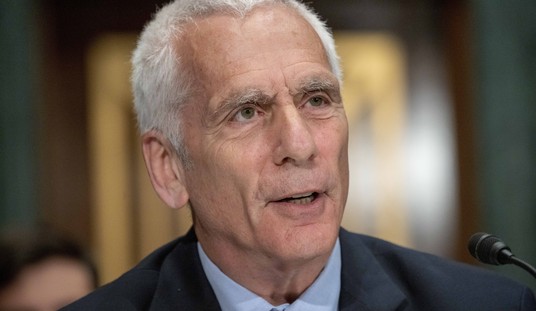
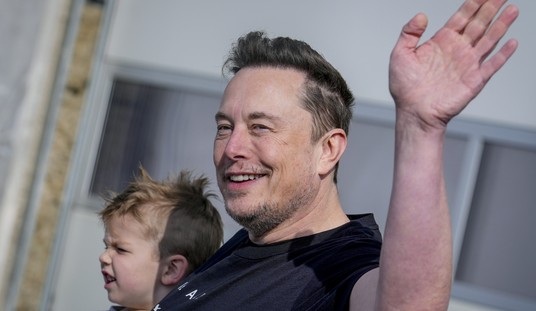
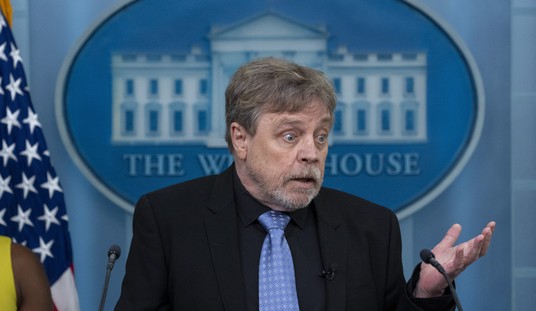



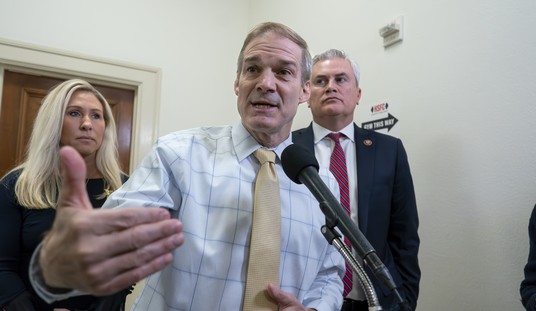

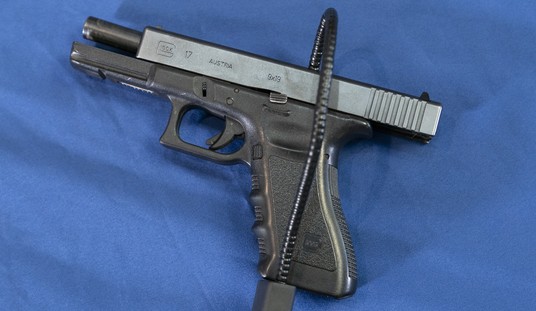


Join the conversation as a VIP Member